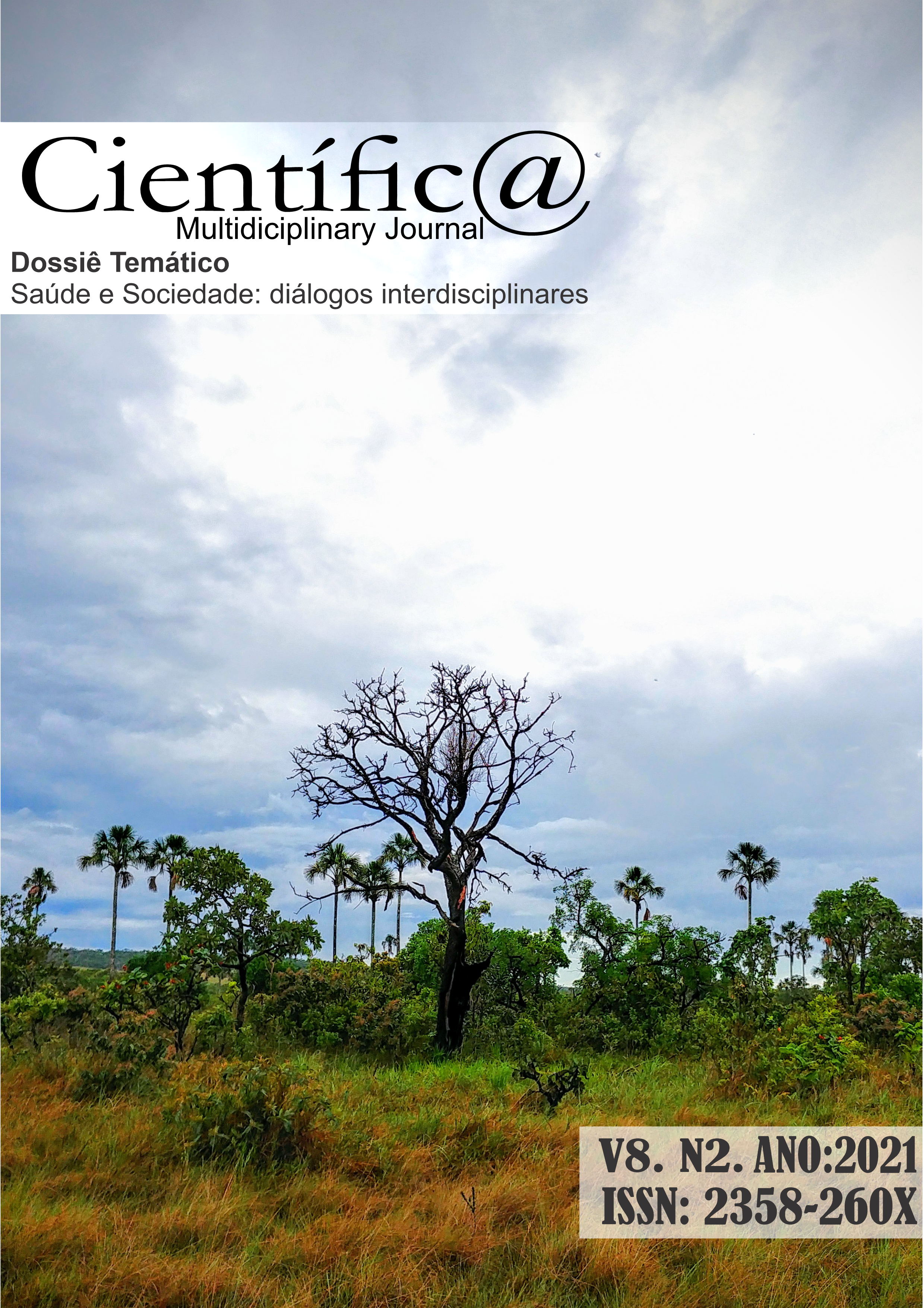MICROBIOLOGICAL QUALITY OF FOOD SERVED IN UNIVERSITY RESTAURANTS
INTEGRATIVE REVIEW
DOI:
https://doi.org/10.37951/2358-260X.2021v8i2.5813Abstract
According to Ordinance No. 326, of July 30, 1997, when food is made from animal or vegetable raw material, it is subject to contamination, fermentation or rotting. Most of the foods are rich in nutrients and have high water activity, so a good hygienic-sanitary quality of the place and the handlers should keep them free from contamination. Within microbiology, there are several types of microorganisms, which can provide better organoleptic characteristics of food and can coexist with symbiosis within the human body. In this sense, taking into account the danger of foodborne diseases, as well as the high consumption of food outside the home, the objective was to verify the microbiological quality of food served in university restaurants through an integrative review. The samples were found from searches in the PubMed, Scielo and Google Academic databases in search of scientific articles collected from a selection of publications according to the key words: "university restaurant", "microbiological analysis", "canteens", "food â€, “food handling†and “sanitary hygienic conditionsâ€. The studies refer to microbiological analysis of foods in university restaurants, with an experimental character developed. In the analyzed studies, contamination by total and thermotolerant coliforms, salmonella spp. and staphylococcus spp. indicating poor handling. Because there is no effective inspection, it can be seen that university restaurants act without responsibility with customers regarding food handling. Therefore, it is necessary to take measures that can train and qualify the staff of these food units, so that safe handling can take place, free of contaminants and so that it is suitable for human consumption.
Downloads
Published
How to Cite
Issue
Section
License
Esta revista oferece acesso livre imediato ao seu conteúdo, seguindo o princípio de que disponibilizar gratuitamente o conhecimento científico ao público proporciona maior democratização mundial do conhecimento.
A partir da publicação realizada na revista os autores possuem copyright e direitos de publicação de seus artigos sem restrições.
A Revista Científic@ - Multidisciplinary Journal segue os preceitos legais da licença Creative Commons - Atribuição-NãoComercial 4.0 Internacional. 

